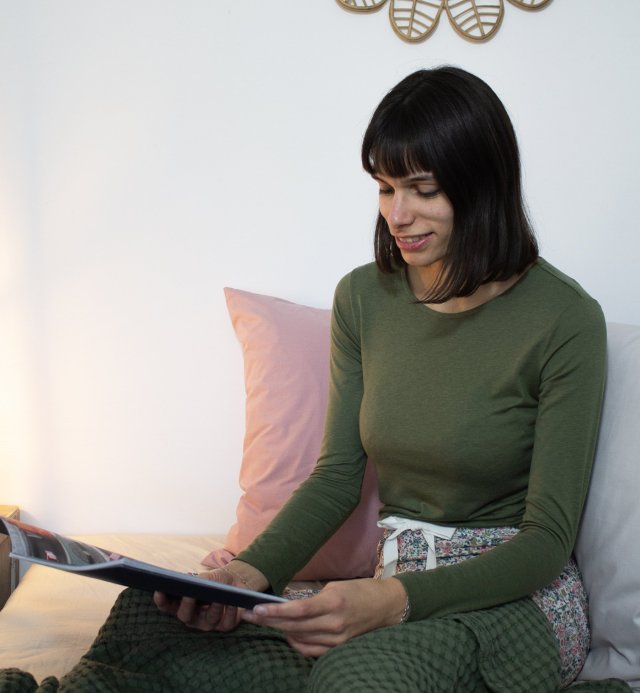Are you tired because you don’t sleep well? Do you toss and turn in your bed for more than an hour before falling asleep? Or do you fall asleep immediately but wake up at 2 a.m. and can’t get back to sleep? And if you review your habits, a few changes could be all it takes to get back to a normal sleep rhythm and restful nights. To help you, here is a list of things not to do before going to sleep, and this from the afternoon because a good night’s sleep is not prepared just before going to bed but well before
Everything you should avoid to ensure a good night’s sleep
If you take a nap, make sure it does not last more than 30 minutes, and take it right after lunch, as taking a nap at 4pm could prevent you from sleeping at night.
Stop all stimulants (tea, coffee, chocolate, soda) 6 hours before going to bed. Don’t smoke before going to bed because nicotine is also an exciter.
Don’t do intense sports 4 hours before going to bed, physical activity helps you sleep but not just before going to bed.
Eat light and do not drink alcohol in the evening because a heavy meal, as well as alcohol, make it easier to fall asleep but are the cause of many night wakings or nightmares.
Don’t go to bed stressed, plan your next day early in the evening, prepare all your things and make a list of tasks not to forget if possible before dinner, then relax so you don’t take your worries to bed.
Turn off the screens at least one hour before going to bed, no television in the room of course but don’t look at your computer, nor your tablet, nor your phone either!
How to prepare your night ?
Rearrange your room by tidying up as much as possible, don’t leave anything lying around on the floor, get rid of everything superfluous because a messy room is not conducive to sleep. Create a cozy cocoon by choosing a comforter in which you will want to snuggle up and natural bed linen.
If you feel anxious at bedtime because you are afraid of not falling asleep or of sleeping badly, establish a bedtime ritual to de-dramatize and prepare your mind to go to sleep: close the shutters, brush your teeth, put on nice comfortable pajamas, prepare a calming tea, read for 15 to 20 minutes.
Learn to recognize the signals of falling asleep: yawns, stinging eyes, closing, don’t wait or struggle to finish your chapter, turn off the light and go to sleep! If you don’t fall asleep after 30 minutes, get up and go to another room to repeat the ritual, but don’t stay in bed if you’re not sleeping, otherwise your room and bed will be synonymous with wakefulness and stress.
As far as possible (depending on your work) try to wake up at the same time in order to regulate your sleep-wake cycle, setting your alarm clock according to the time you fall asleep is a mistake.

















Leave a comment